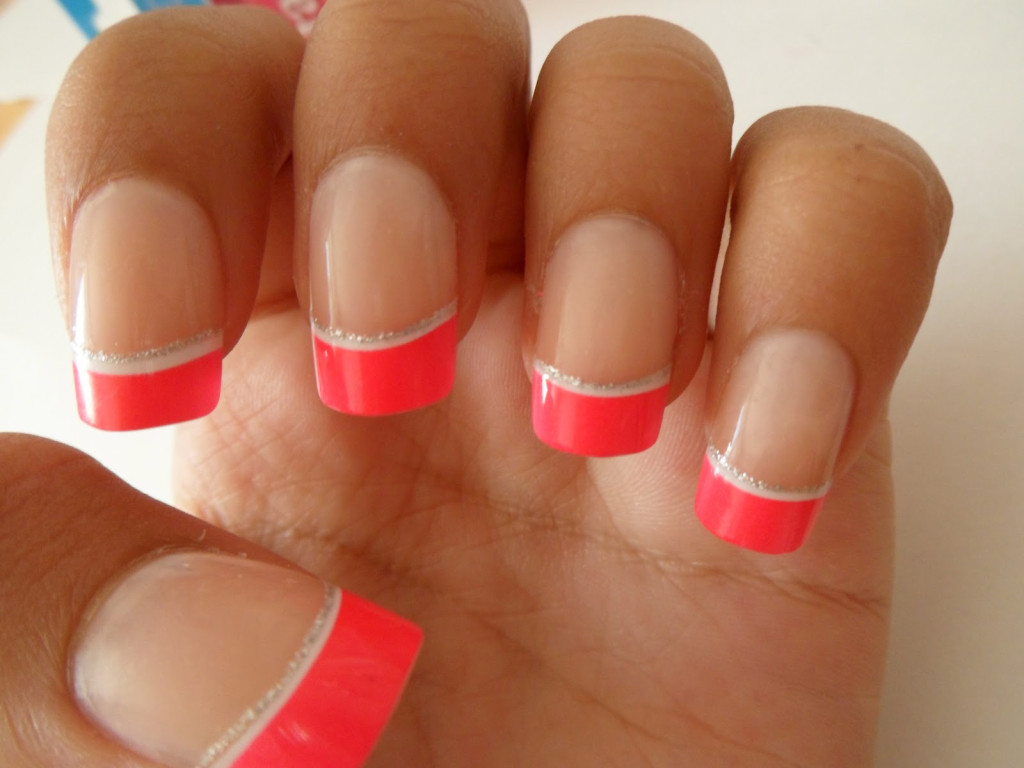
Are smart phones a necessity or an addiction in school?
By Elliot Chan, Staff Writer
Smart phone ownership has grown significantly in the past few years. In a survey conducted by Google, 56 per cent of adults are now using smart phones—a 33 per cent increase from last year.
This comes as a result of the way we live now. We wake up, roll out of bed, and instantly have our phone in our hands before a toothbrush or a cup of coffee. It might sound alarming to be so reliant on a device that commonly runs out of battery halfway through the day, but is it an addiction or is it a tool? Where does a smart phone rank with the other important things in our lives, especially for students?
Let’s admit it; most of us aren’t business executives conducting big money deals. Most students just use smart phone for casual communication and research.
“Smart phones are not really necessary for school,” said Jordan McChesney, an Asian Studies student. “All we really need is an Internet connection.” He added, “I intentionally leave my phone at home sometimes so I can’t be contacted. I can use Facebook messenger.”
Although some can detach themselves from a smart phone, others find the technology to be a multipurpose solution to everyday monotony. A smart phone is not a textbook. It is something we enjoy looking at, it is a relief for students during the trails of a school day.
“I cannot go on transit without my music,” said Chris Pereira, hospitality management student. “I’ve run home before and missed the bus.”
“It is an addiction for me,” admitted Solange Valverde, university-transfer student. “I use my phone a lot.”
Smart phones can be considered an addiction, but for now they are merely a lifestyle choice. Eight out of 10 smart phone users admit that they will not leave their house without their phone. The average smart phone user has approximately 30 apps installed and uses about 12 consistently in a month.
“It helps with involvement for sure,” said McChesney. “It helps with involvements in clubs and allows you to be more social. You can also use it to prove the teachers wrong.”
Although it may seem rude to be texting or scrolling through Facebook while in a real life conversation with someone else, nobody will condemn you for it—not yet, at least. We have already banned handheld devices while driving, in theatres, and in certain classrooms and workplaces, but when will we start treating it like a real addiction? No texting three metres in front of doorways, no tweeting at the dinner table, and no Instagramming during working hours— can there be any mitigation for smart phones’ eventual take over?
Technology is constantly evolving, and with the new Google Glass gadgets gradually making their way into consumers’ homes we should all address the consequences of the tech-dependent lifestyle to which we are adopting.
“A smart phone is not food or air,” said McChesney. “It can make you more socially-active and give you more options to contact people, but it is like a cup of coffee. We don’t really need it.”


